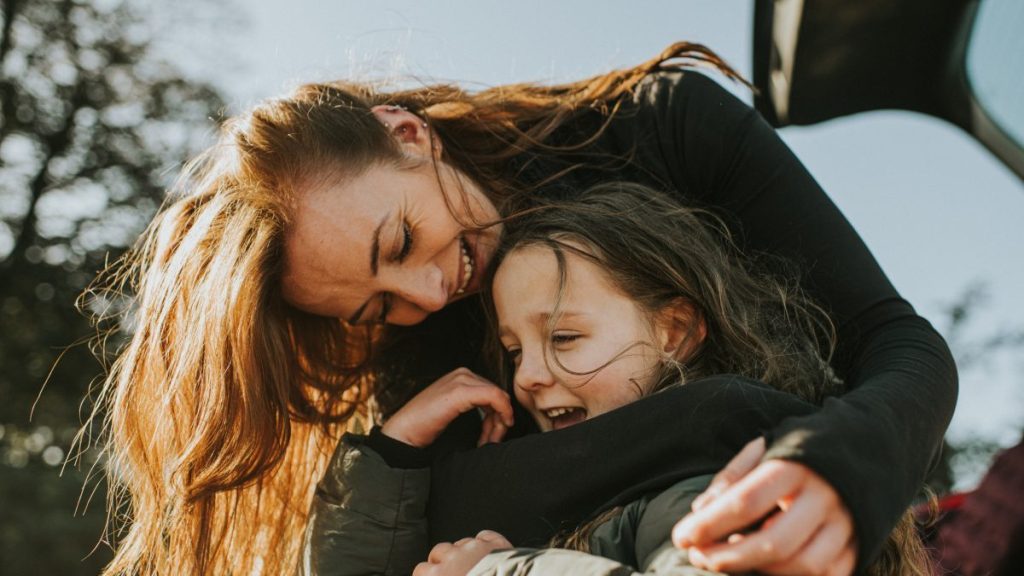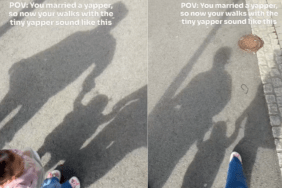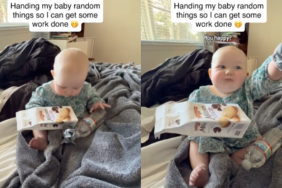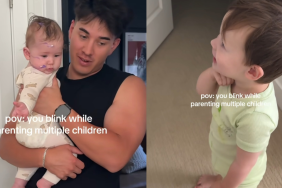Parents often say “no” to kids throughout the day, especially to toddlers who are touching and exploring new things around the house or outside. To an extent, it is right to use this word to discipline children and even save them from possible accidents. However, it isn’t always the correct way to discipline a kid.
Moreover, if you say “no” to your kids too often, your child may not pay heed to your advice after a point. They will learn to tune it out. So, how do you say no to kids without actually saying “no”? How do you avoid the inevitable tantrums littles tend to throw when they hear this word? Here are some positive ways to say “no” without the word negatively impacting your munchkin.
1. Provide good alternatives
If your kid is demanding sweets or unhealthy foods for the 3rd time in a row, instead of saying no, maintain your calm and try to rephrase your statement. For instance, instead of saying, “No, you can’t have candy again,” try saying, “Eating too much candy will spoil your teeth.”
Present them with some fruits they like or offer to make them a smoothie (poured into their favorite cup). By providing some alternatives, you will make your kids aware of better options, allowing them to pick something better. Plus, they will feel they have control over their decisions, making conflicts less likely.
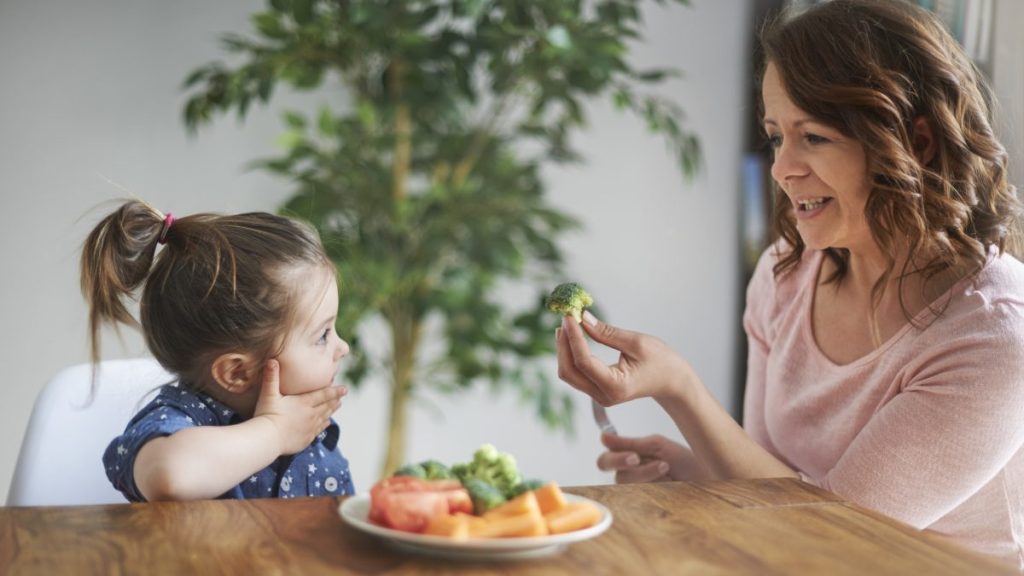
Even if your child is adamant and demands only sweets, don’t lose your composure. Stay firm and warmly keep offering other healthy alternatives while explaining why this is a better choice. This might take some time, but don’t give up.
Also, don’t make promises like, “You can have the candy tomorrow.” Children, especially preschoolers, don’t understand the logic of time that well. Plus, you are basically a liar in their world if you don’t give them the food promised within the stipulated time. No parent wants to look like a liar in front of their kids, so it’s best to avoid these promises altogether.
And don’t forget to say affirmative phrases (like “Good decision”) once they pick the better alternative. This will encourage them to choose the healthier option more often, which also makes life easier for you.
2. Distract them
If you see your toddler doing something they shouldn’t, like scribbling on the wall, painting your pet, throwing around the folded laundry, etc., instead of shouting, “No, don’t do that,” distract them with something equally fun.
Put on music and dance to it with your kiddo, play with balloons, or even ask them to roll the cookie dough and cut it with a cookie cutter. This way, you don’t have to deal with the repercussions of saying no, your kid will stop doing whatever they weren’t supposed to, and you both will have a good time together.
3. Provide explanation
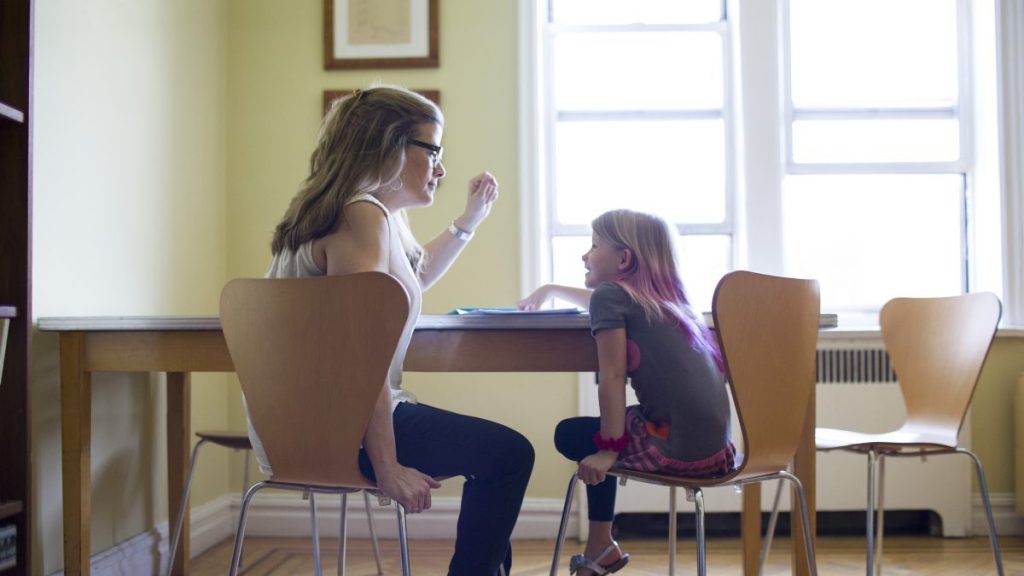
If you see your kid flinging their friend’s toys, disturbing your pet, playing with their food, spoiling your potted plants, shouting at others, hitting siblings, etc., don’t raise your voice. Take them to a corner, sit with them, and explain why doing so is wrong. Kids are more sensible than we give them credit for. Sometimes, a good explanation is all it needs!
Give them valid explanations and make them understand that the act might be annoying or troubling others, which is not a good habit. Always remember that explaining is better than saying no. Once your kid knows how their actions affect others, they will think twice before doing it again.
However, if you catch your kid doing something that is not bothering others, like joyfully splashing in a muddy puddle, racing your pet, making a mess while mixing pancake batter, etc., let them. While it might create more work for you, allow your little one to indulge in adventure whenever possible. As long as your child is safe and is not causing inconvenience to others, say yes.
And whenever your child obeys you, always say, “Thank you,” followed by a warm hug and a smile. Positive reinforcement is vital when disciplining a kid or trying to build a good habit. This will let your little ones know they have done the right thing, and they will be more than happy to do it again, even if it is just to make you smile and receive a warm hug.
